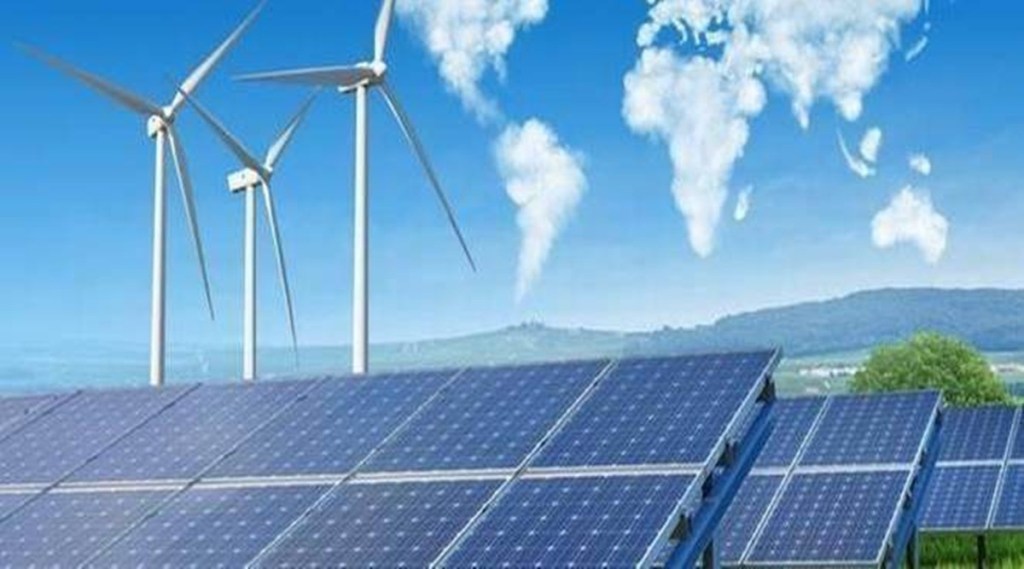The emphasis on decarbonisation and the race towards net-zero emissions are driving the order book of Thermax Group. Ashish Bhandari, MD and CEO of the company said around 75% of the total orders received during FY22 were for Thermax’s green offerings. The capital expenditure plans of steel and chemical companies have also contributed to the order inflow.
The company’s order pipeline continued to be strong with a healthy enquiry pipeline from cement, steel, sugar, F&B and petrochemicals due to increased capital expenditure in the private sector and government policies, including the PLI scheme.
The company considers all non-fossil fuel-based businesses or applications in the energy and environment segment as green. Some of the green orders include contracts for biomass-based Build-Own-Operate solutions, waste-to-energy projects, new energy offerings, contracts for flue gas desulphurisation, waste recycling and zero liquid discharge plants.
Bhandari is keenly watching the performance of India’s first biorefinery to produce cellulosic ethanol from bamboo biomass. The Assam Bio-Refinery is getting ready to be commissioned. A joint venture of Numaligarh Refinery, Fortum and Chempolis, the biorefinery is targeting large-scale production of second-generation (2G) ethanol. Thermax has executed a combined heat and power cogeneration plant at the biorefinery. It will be using wastes and byproducts such as bio-coal and stillage cake emanating from the biorefinery during the bio-ethanol production process to generate process steam and power simultaneously.
Bhandari is confident that the success of this plant would play a significant role in growing this business with a lot of similar ethanol plants coming up in the country. The policy push to ramp up ethanol production has helped the company secure orders from the sugar and distillery sector.
On the biomass side, Thermax had crossed 30 plants in India on a build-and-operate basis with long-term contracts.
Thermax is expecting growth across its green portfolio — waste to heat recovery, water and waste treatment, absorption chillers and solar offerings. The company has done two projects in the industrial solar segment and committed delivery of 25 MW in Tamil Nadu and Maharashtra. Thermax intends to deliver 1 gigawatt of solar assets over the next three to five years.
In the flue gas desulfurisation (FGD) business, the company expects orders from the private sector. Thermax had FGD orders of about `1,400 crore and sulphur recovery orders of about `1,200 crore during FY22. All this helped Thermax report its highest-ever orders in the last 12 quarters during the March quarter.
While revenues and order inflows continue to grow, profitability during Q4FY22 was down 4%, which Bhandari attributed to a significant rise in input costs. All-time high steel prices, as well as the continuously rising fuel prices, had impacted the margins of the company during Q4FY22. The geopolitical scenario, too, has disrupted the supply chain. The chemicals business saw deliveries impacted by the geopolitical situation, and freight and logistic challenges. The price rise of inputs ranged from 15% to 80%, Bhandari said.
They were able to pass some of the cost increases to customers and manage through productivity improvement. Rising commodity prices were a risk as many of the contracts had no price increase clause, he added. In some cases, the company has gone back to the customer for renegotiating the contract. But in two large size deals, Thermax had to take some harsh steps and let the bids expire and not do the project, Bhandari said.
Bhandari remains optimistic about the situation improving and said Thermax would be looking at a Capex programme for two of their major product lines. The approvals and investments were expected in FY23.

